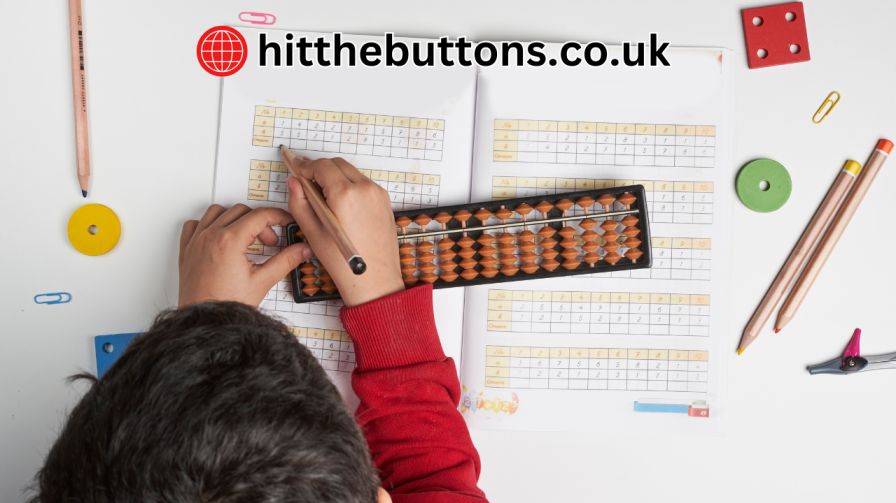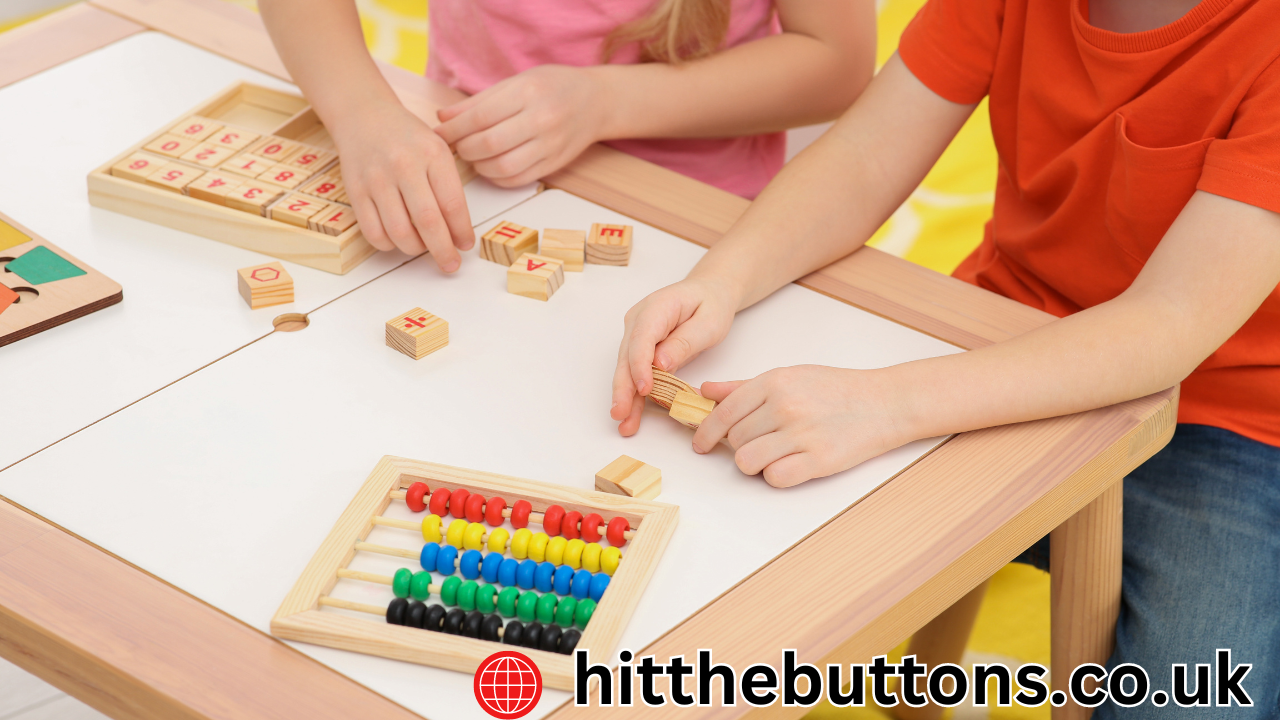Teaching Methods for Improving Math Speed in Kids
Math is more than just a subject; it’s a vital skill that shapes a child’s problem-solving abilities and cognitive development. Improving math speed can boost confidence and performance, making it a crucial aspect of education. But how can parents and educators effectively enhance this skill? This article delves into various teaching methods for improving math … Read more









